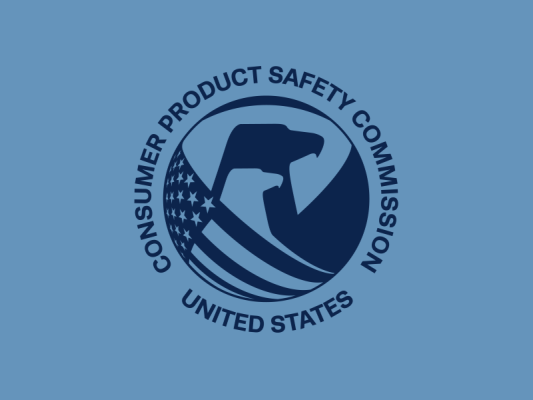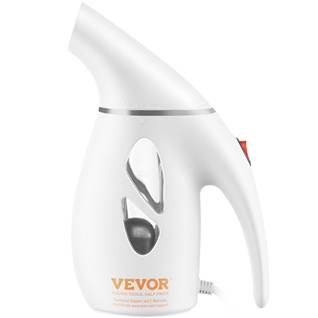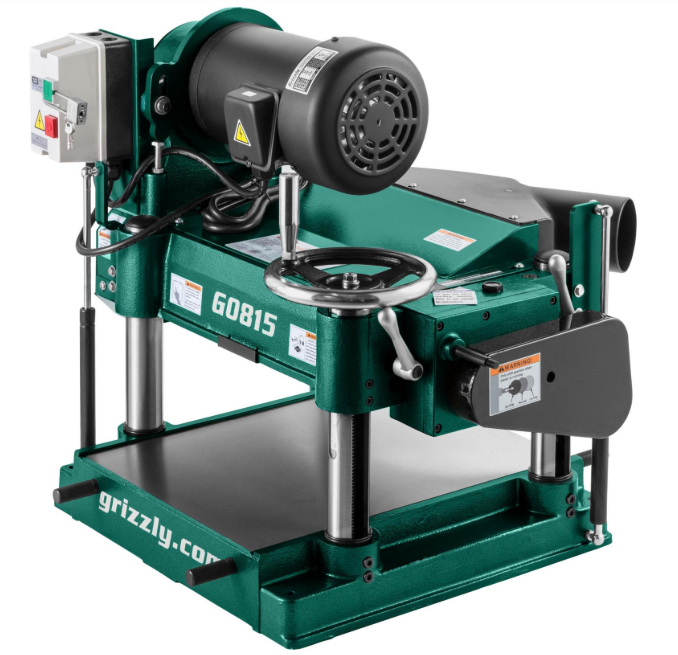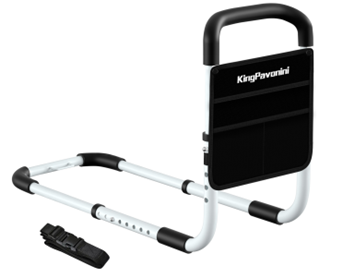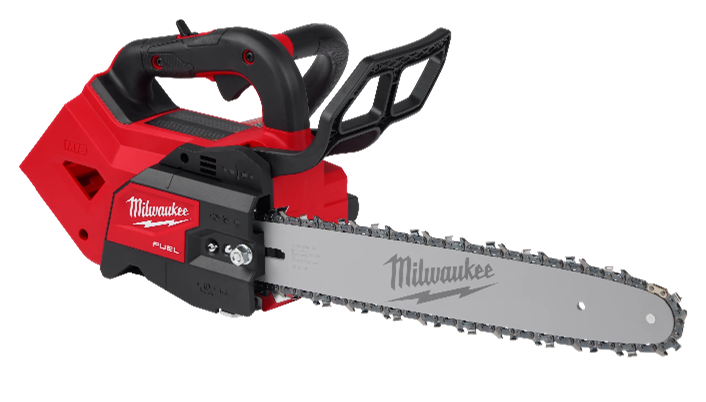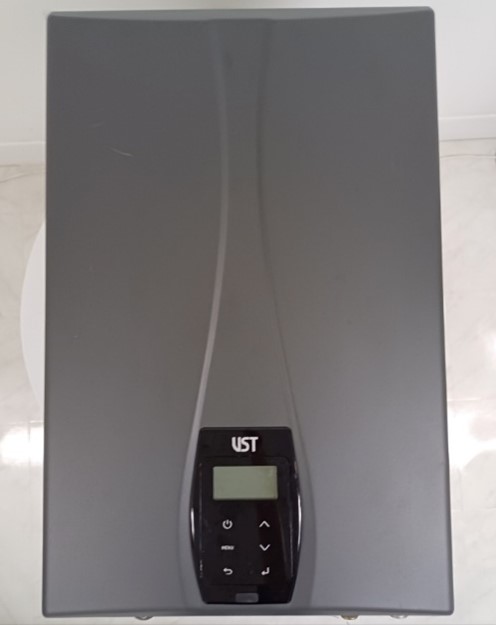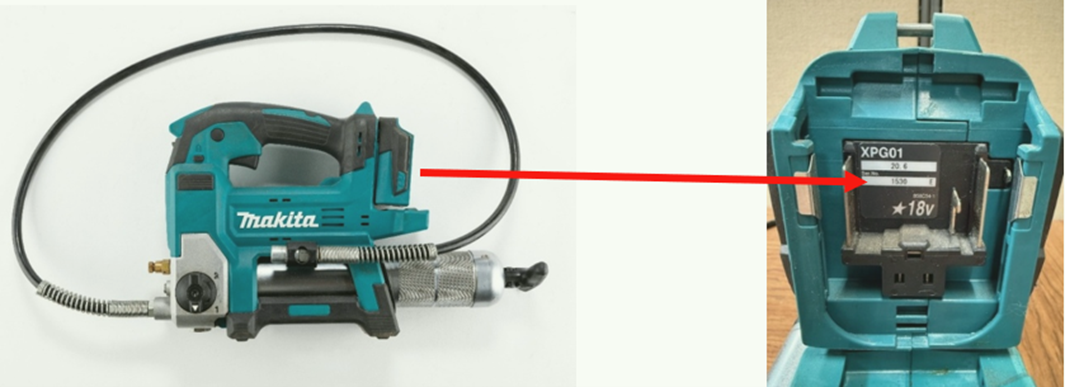Citing the critical need for consumers to save energy safely, the U.S. Consumer Product Safety Commission today warned consumers to stop using two types of faulty energy-saving devices which regulate home thermostats. The heaters were manufactured with integral carbon resistors which may overheat and start fires.
Approximately 20,000 "Automatic Day/Night" thermostat controls and 19,500 "Home Energy Saver" thermostat controls
Owners of Fuel Sentry units who cannot obtain a refund or replacement unit from retailers should contact CPSC's toll-free Hotline at 800-638-2772.
Recall Details
WASHINGTON, D.C. (Oct. 15) -- Citing the critical need for consumers to save energy safely, the U.S. Consumer Product Safety Commission today warned consumers to stop using two types of faulty energy-saving devices which regulate home thermostats.
Approximately 20,000 "Automatic Day/Night" thermostat controls were manufactured by the Fuel Sentry Corporation of Mt. Vernon, New York. An additional 19,500 "Home Energy Saver" thermostat controls were manufactured by the Fuel Gard Corporation of Glastonbury, Connecticut.
Both types of potentially hazardous devices consist of a small rectangular heater and an electric timer. The heaters were designed to be mounted on the wall beneath the thermostat and connected to the electrical timer which plugs into a household socket. At predesignated times, the heater warms the thermostat, causing it to shut off the home furnace.
The heaters were manufactured with integral carbon resistors which may overheat and start fires. The defective heaters have caused at least 17 instances of sparking or flaming since July, 1977. In two instances, the adhesive backing of the heater melted, causing the heater to fall to the floor onto combustible materials. No injuries have been reported. CPSC staff believes the timers can be used safely with other appliances.
The thermostat controls were sold nationwide in hardware and department stores for retail prices ranging from $20 to $25. Some of the Fuel Gard units were given away for promotional purposes.
Details Of Fuel Sentry Alert
The potentially hazardous Fuel Sentry heaters were manufactured between September, 1976 and August, 1977, and between November, 1977 and May, 1978. They are labeled "Activator" on the front and display a date code on the back which falls within the following ranges: 396 through 526; 017 through 327; 437 through 527; and 018 through 218.
In addition, only "Activators" containing a brown-colored carbon resistor (visible through the key-hole slot in the back) are potentially hazardous. Units with resistors of another color are believed to be safe, even though they may carry one of the date codes listed above.
Fuel Sentry announced a recall of their product in 1978, but fewer than half the units were returned by consumers. The company since has filed for bankruptcy and is no longer repairing the devices. Owners of affected Fuel Sentry thermostat controls should return the products to their retailers, many of whom are offering refunds or replacements.
Owners of Fuel Sentry units who cannot obtain a refund or replacement unit from retailers should contact CPSC's toll-free Hotline at 800-638-2772.
Fuel Gard Alert
The Fuel Gard heaters were manufactured with a simulated wood finish and were labeled "Fuel Gard" in raised lettering. CPSC staff is working to develop a corrective program with Fuel Gard to enable consumers to return defective units; details will be announced in a subsequent press release.
Save Energy Safely
CPSC staff warns consumers that energy-conservation devices which are improperly installed, designed or manufactured can result not only in fire hazards, but also in carbon monoxide poisoning, electrical shocks or explosions. CPSC staff will continue to monitor the marketplace to detect defective products which should be recalled, but urges consumers to be alert to the potential safety problems of devices such as furnace vent dampers, flue gas recirculators, clothes dryer exhaust diverters and other modifications to existing energy equipment and appliances.
Fuel Sentry announced a recall of their product in 1978, but fewer than half the units were returned by consumers. The company has since filed for bankruptcy and is no longer repairing the devices. Owners of affected Fuel Sentry thermostat controls should return the products to their retailers, many of whom are offering refunds or replacements.
Owners of Fuel Sentry units who cannot obtain a refund or replacement unit from retailers should contact CPSC's toll-free Hotline at 800-638-2772.
The defective heaters have caused at least 17 instances of sparking or flaming since July, 1977. In two instances, the adhesive backing of the heater melted, causing the heater to fall to the floor onto combustible materials. No injuries have been reported.
Note: Individual Commissioners may have statements related to this topic. Please visit www.cpsc.gov/commissioners to search for statements related to this or other topics.
If you are experiencing issues with a recall remedy or believe a company is being non-responsive to your remedy request, please use this form and explain the situation to CPSC.
The U.S. Consumer Product Safety Commission (CPSC) is charged with protecting the public from unreasonable risk of injury associated with the use of thousands of types of consumer products. Deaths, injuries, and property damage from consumer product-related incidents cost the nation more than $1 trillion annually. Since the CPSC was established more than 50 years ago, it has worked to ensure the safety of consumer products, which has contributed to a decline in injuries associated with these products.
Federal law prohibits any person from selling products subject to a Commission ordered recall or a voluntary recall undertaken in consultation with the CPSC.
For lifesaving information:
- Visit CPSC.gov.
- Sign up to receive our email alerts.
- Follow us on Facebook, Instagram, X, BlueSky, Threads, LinkedIn and Truth Social.
- Report a dangerous product or product-related injury on www.SaferProducts.gov.
- Call CPSC’s Hotline at 800-638-2772 (TTY 800-638-8270).
- Contact a media specialist.


